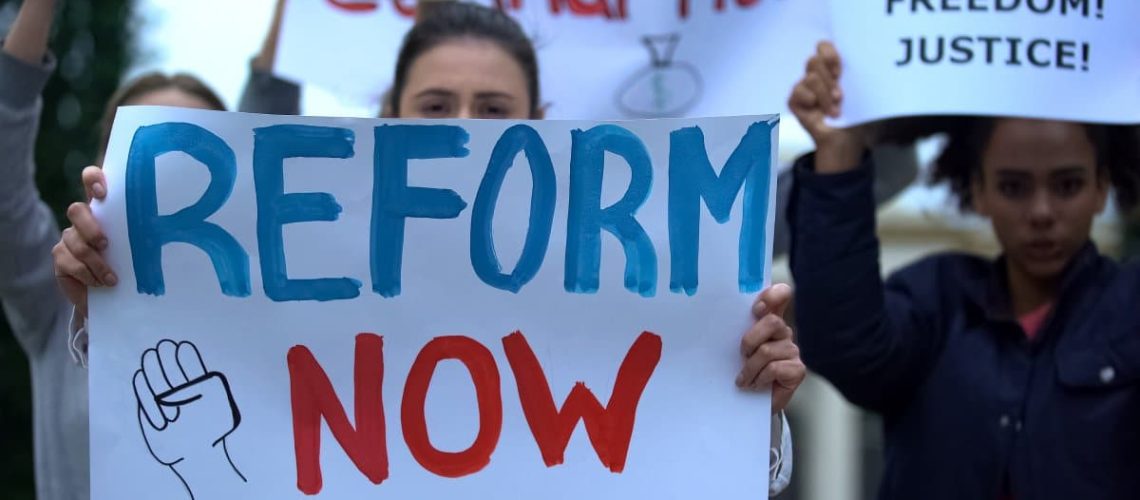Amidst political turmoil and shifting public trust, why do many Americans feel let down by their democratic system? Here’s a look at the contemporary and contentious issues shaking the foundations of U.S. democracy.
1. The Controversial Crowning of Kamala Harris
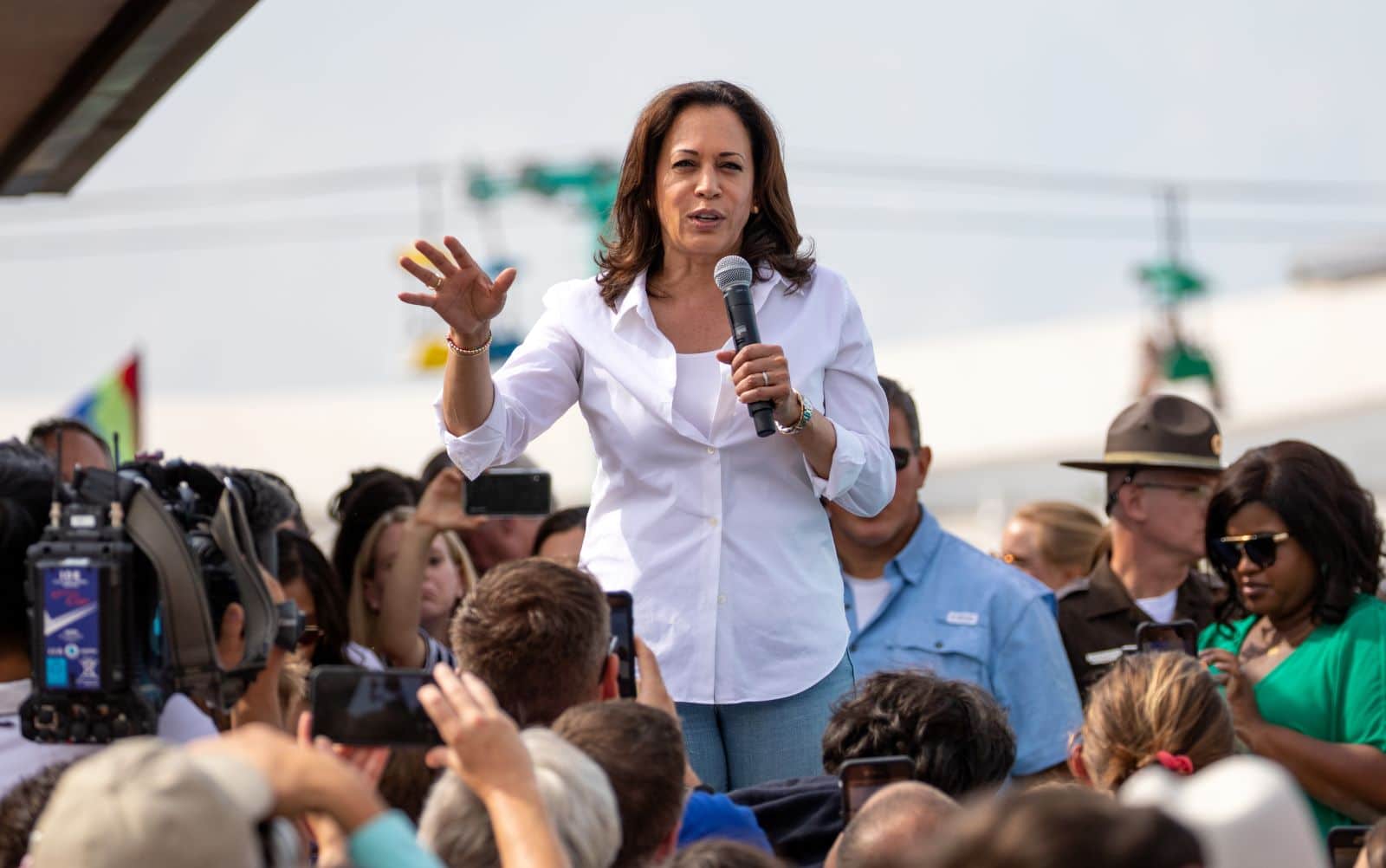
Recent polling indicates a resurgence in favorability for Kamala Harris, yet concerns linger about the transparency and democratic integrity of her selection as the Democratic presidential nominee. Critics argue that the early endorsement from Biden may have sidelined a thorough primary process, leading to doubts about the legitimacy of her candidacy.
2. Perceived Cover-Up of Biden’s Competence
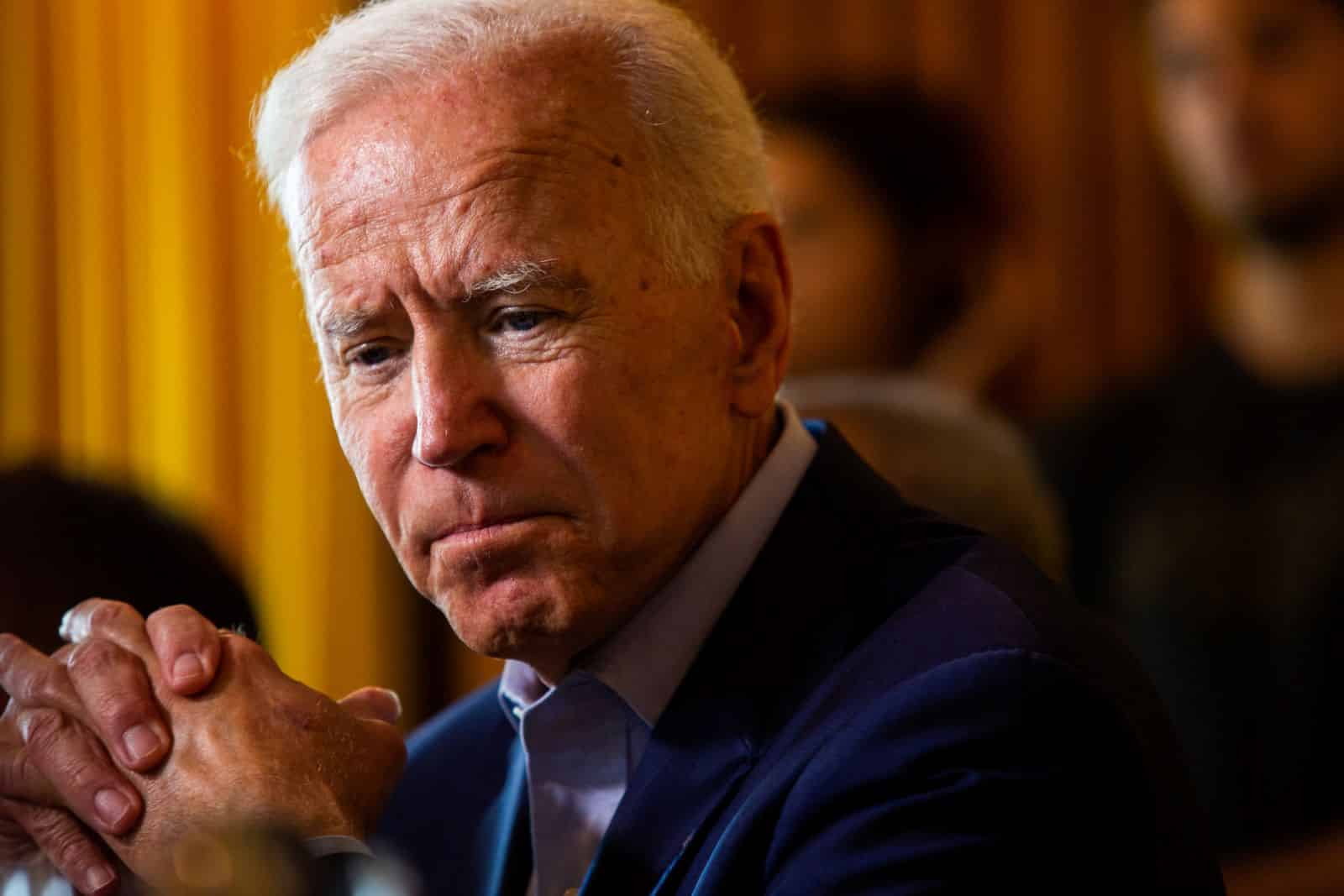
Allegations have surfaced suggesting that insiders within the Democratic Party were aware of potential incompetencies associated with President Biden but chose to withhold these concerns from the public. This has sparked significant distrust among voters, wary of the transparency and honesty of their elected officials.
3. Lingering Suspicions of Election Fraud
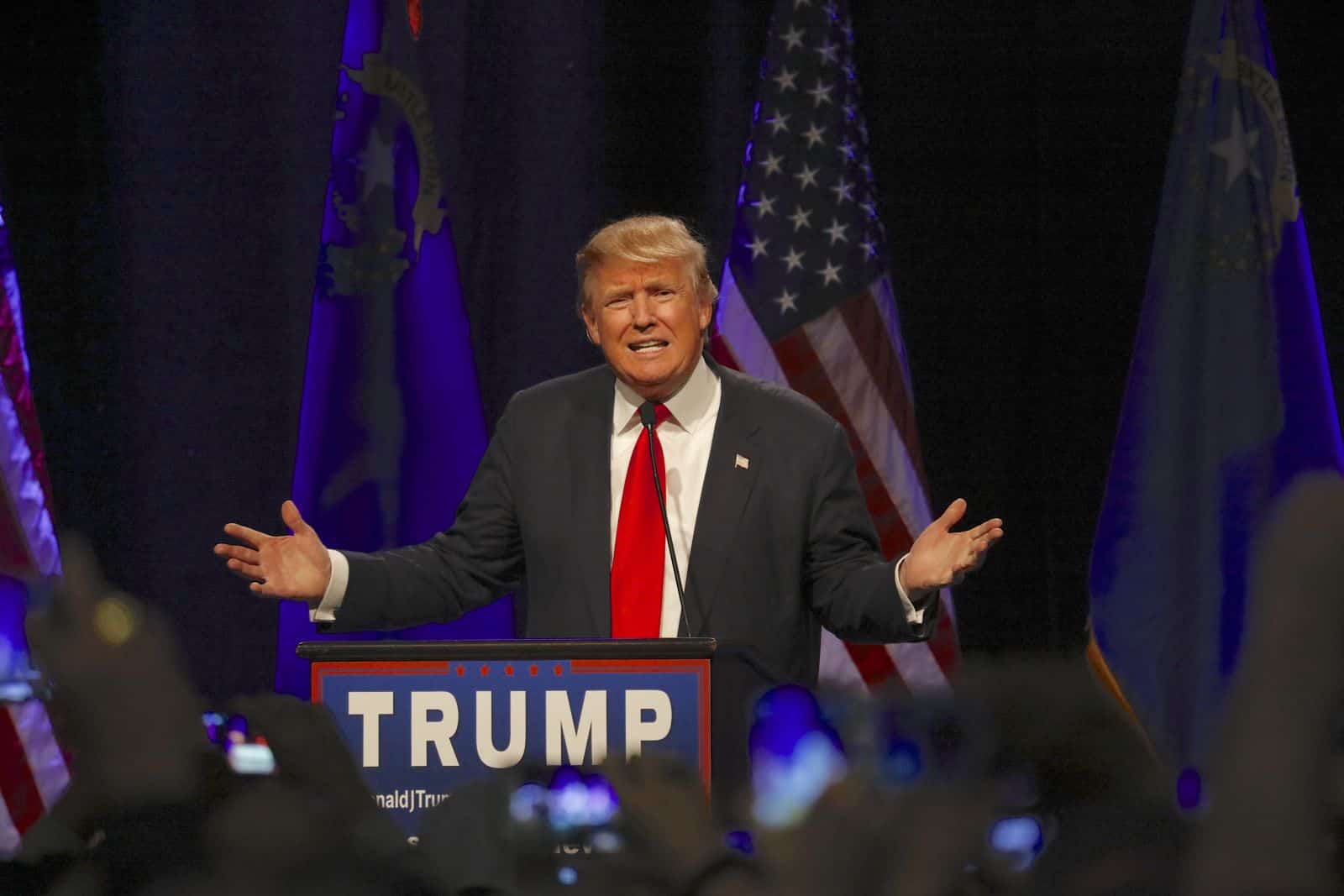
Despite a lack of substantial evidence, claims of widespread election fraud during the 2020 presidential elections continue to circulate, fueled by former President Donald Trump and his supporters. This ongoing narrative has significantly contributed to public skepticism about the integrity of the electoral process.
4. Distrust in Electoral Choices

The upcoming presidential election has been described by many voters as a choice between “oh no and hell no,” reflecting a broader dissatisfaction with the available candidates and a feeling of being forced to choose the lesser of two evils rather than a candidate who genuinely represents their values and interests.
5. Partisan Media and Misinformation

The rise of highly partisan media outlets and the proliferation of misinformation online have eroded trust in traditional news sources, complicating voters’ efforts to stay informed about political issues and further polarizing public opinion.
6. Supreme Court Controversies
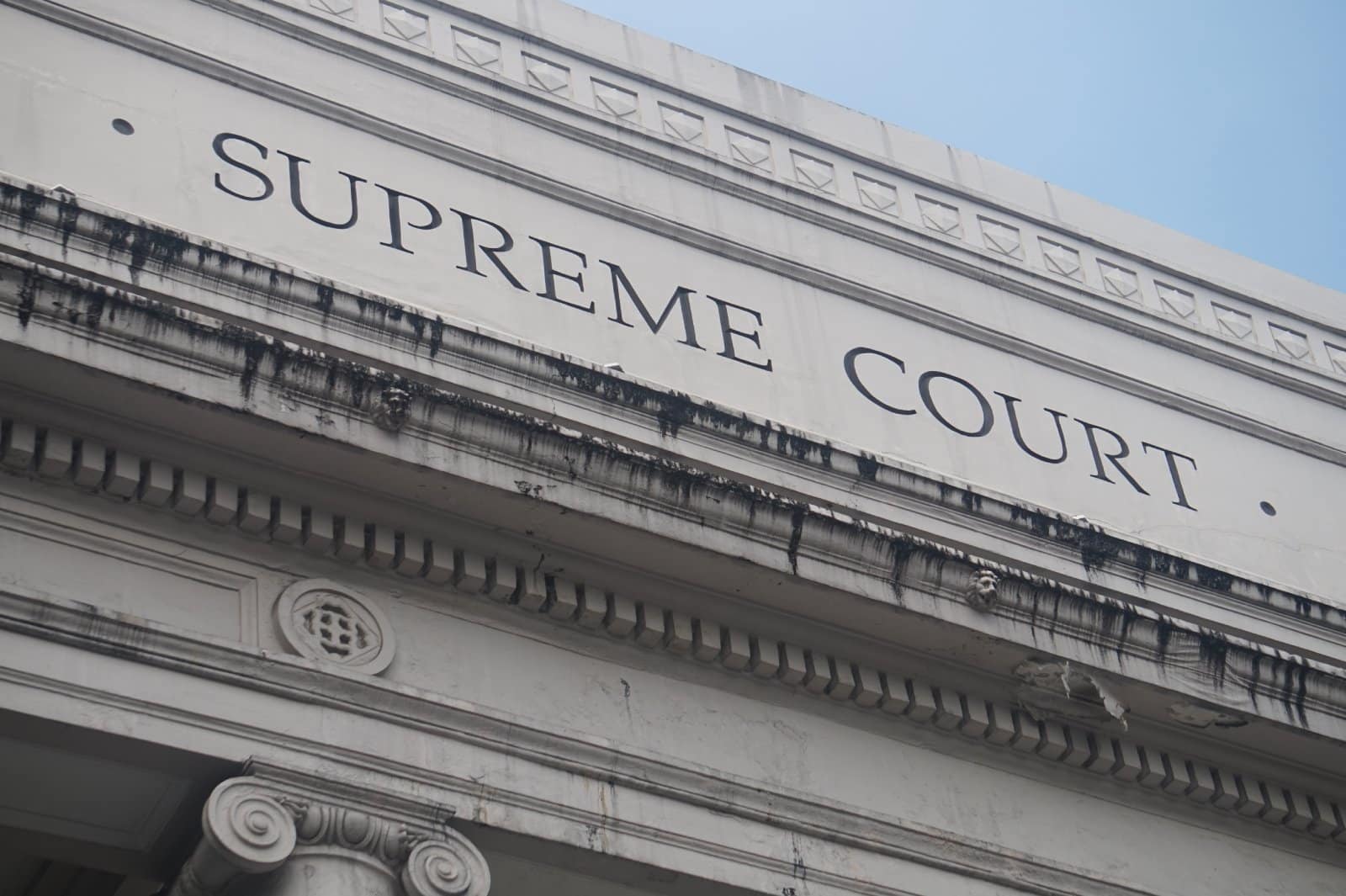
Recent controversial decisions by the U.S. Supreme Court, particularly regarding abortion and voting rights, have led to perceptions of the Court as increasingly politicized, undermining its role as a neutral arbiter in critical legal matters.
7. Voter Suppression Tactics
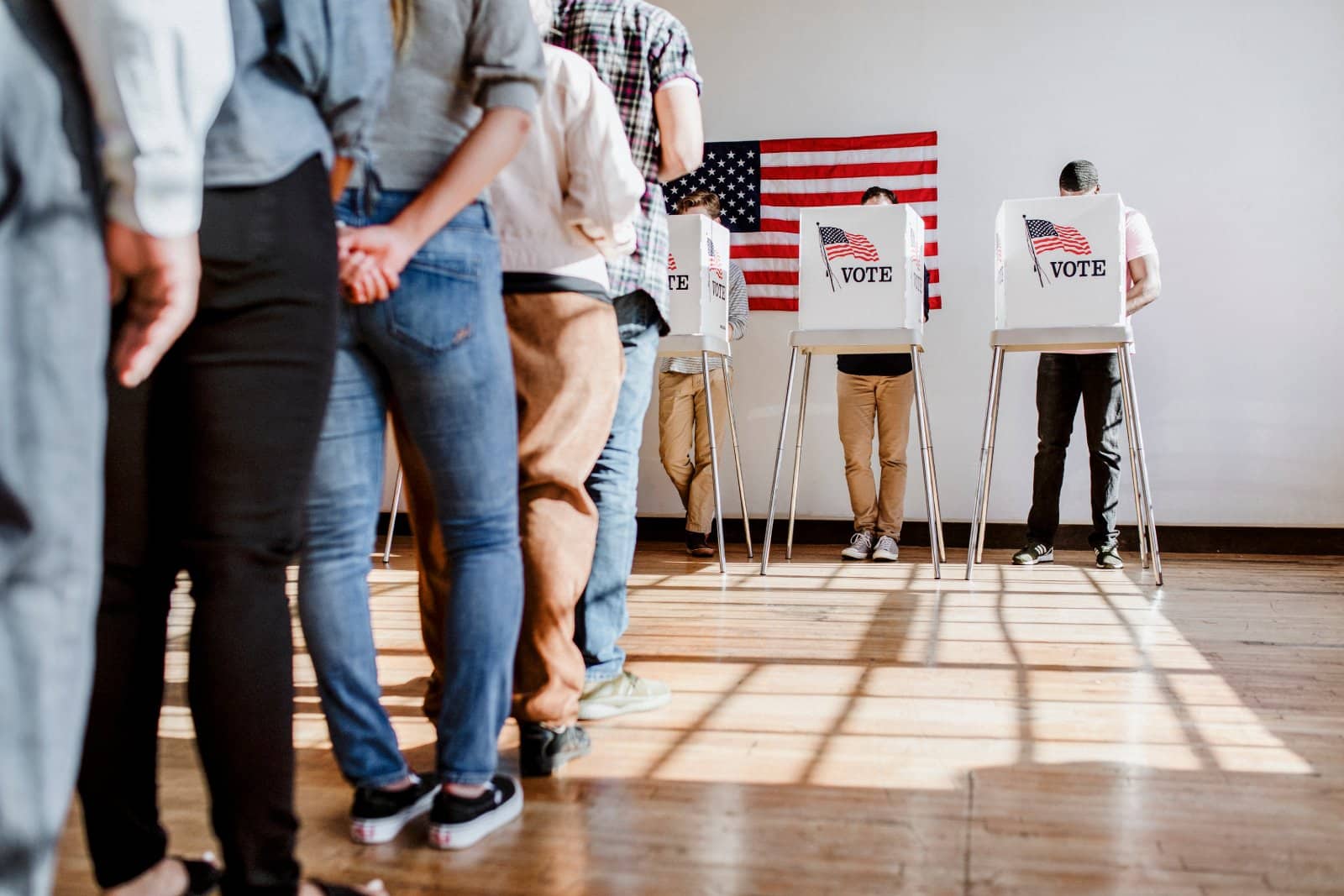
Reports of voter suppression tactics, such as purging voter rolls, enacting strict ID laws, and reducing polling places in predominantly minority neighborhoods, have fueled beliefs that the electoral system is rigged against certain groups of voters.
8. The Filibuster and Legislative Gridlock
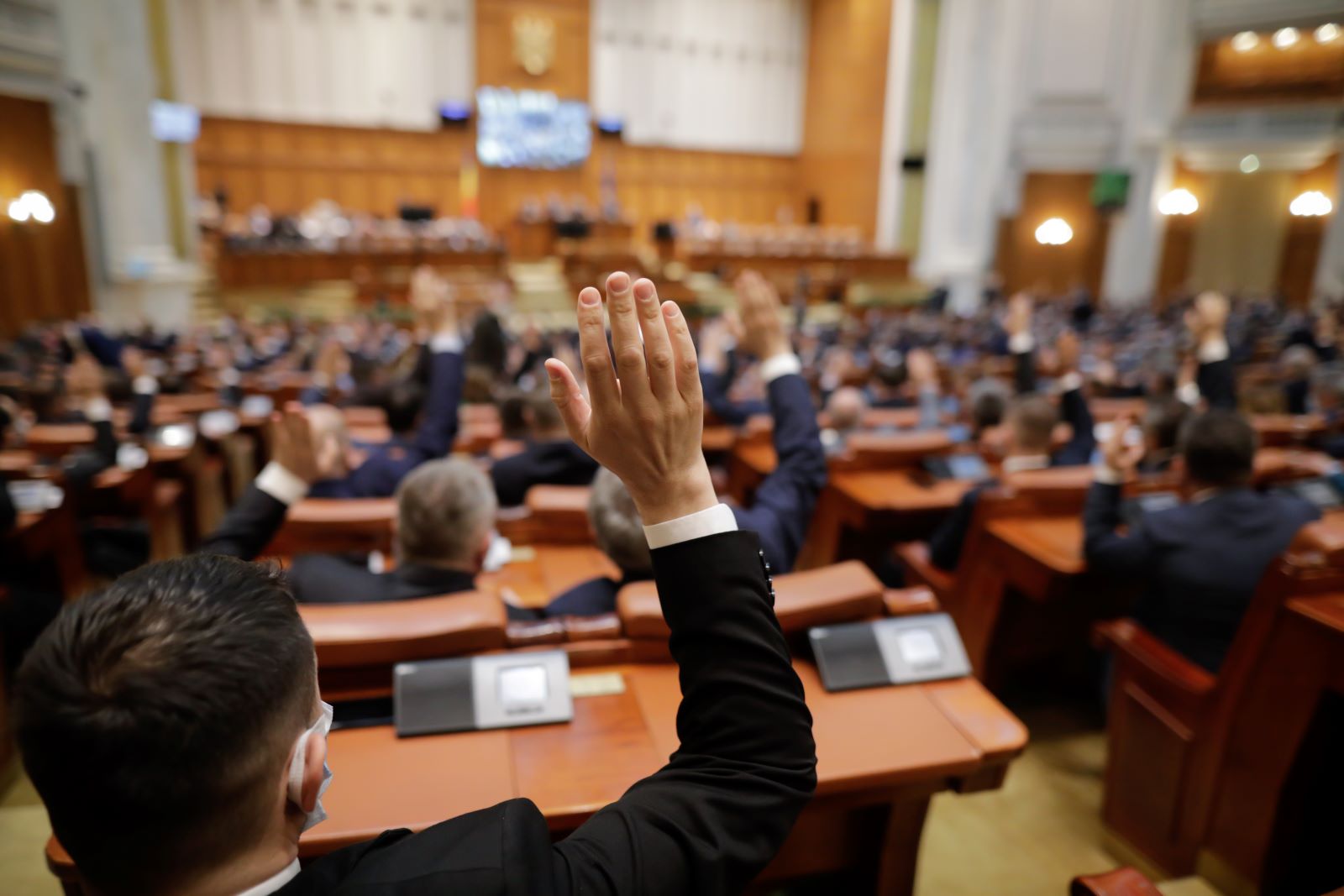
The frequent use of the filibuster in the Senate has led to legislative gridlock, frustrating voters who feel that critical issues, such as economic relief measures and healthcare reform, are perennially stalled.
9. Campaign Finance Issues
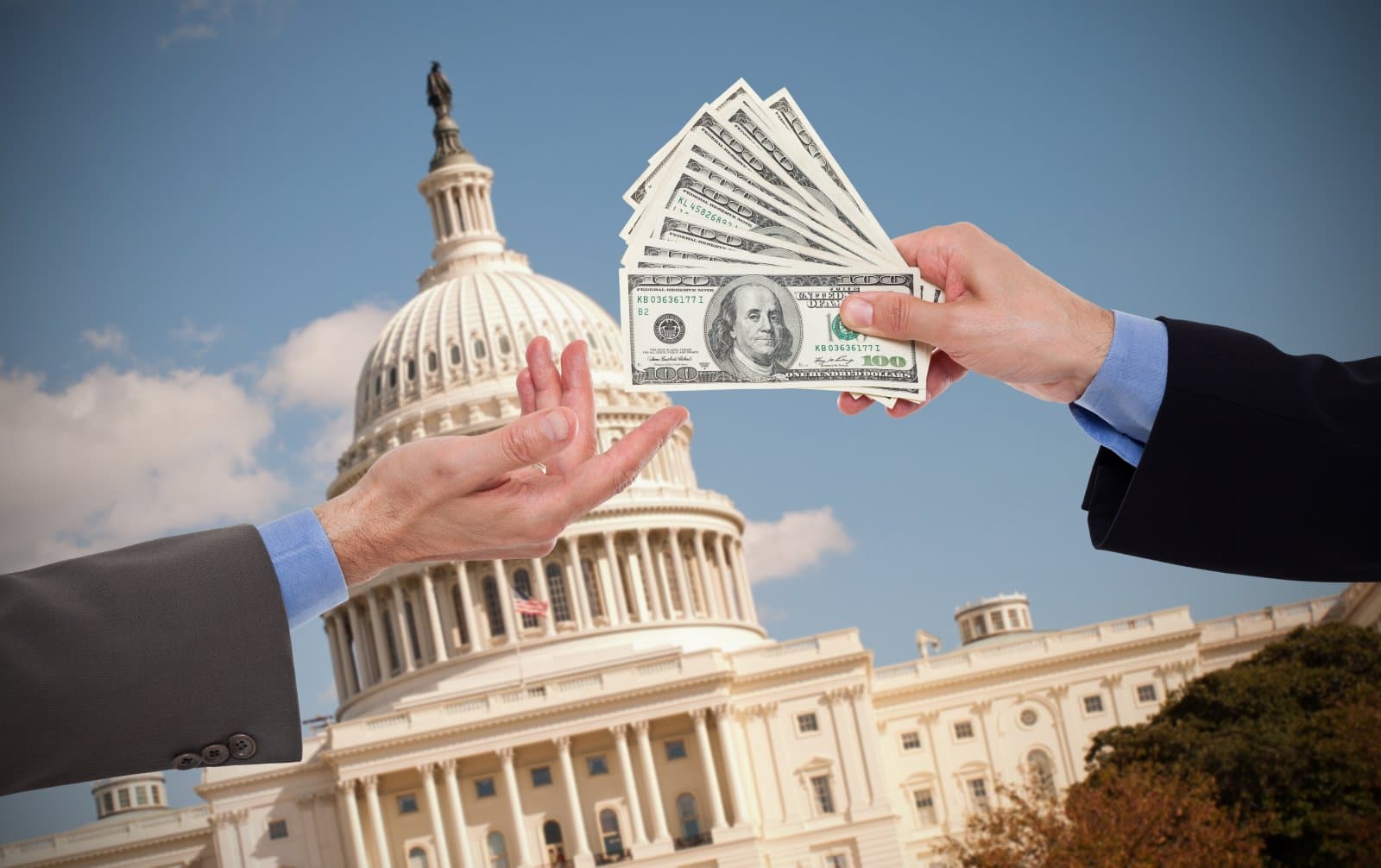
The overwhelming influence of money in politics, exemplified by the dominance of Super PACs and dark money groups, has led many to question whether their votes truly matter compared to the financial clout of wealthy donors.
10. Electoral College Discrepancies
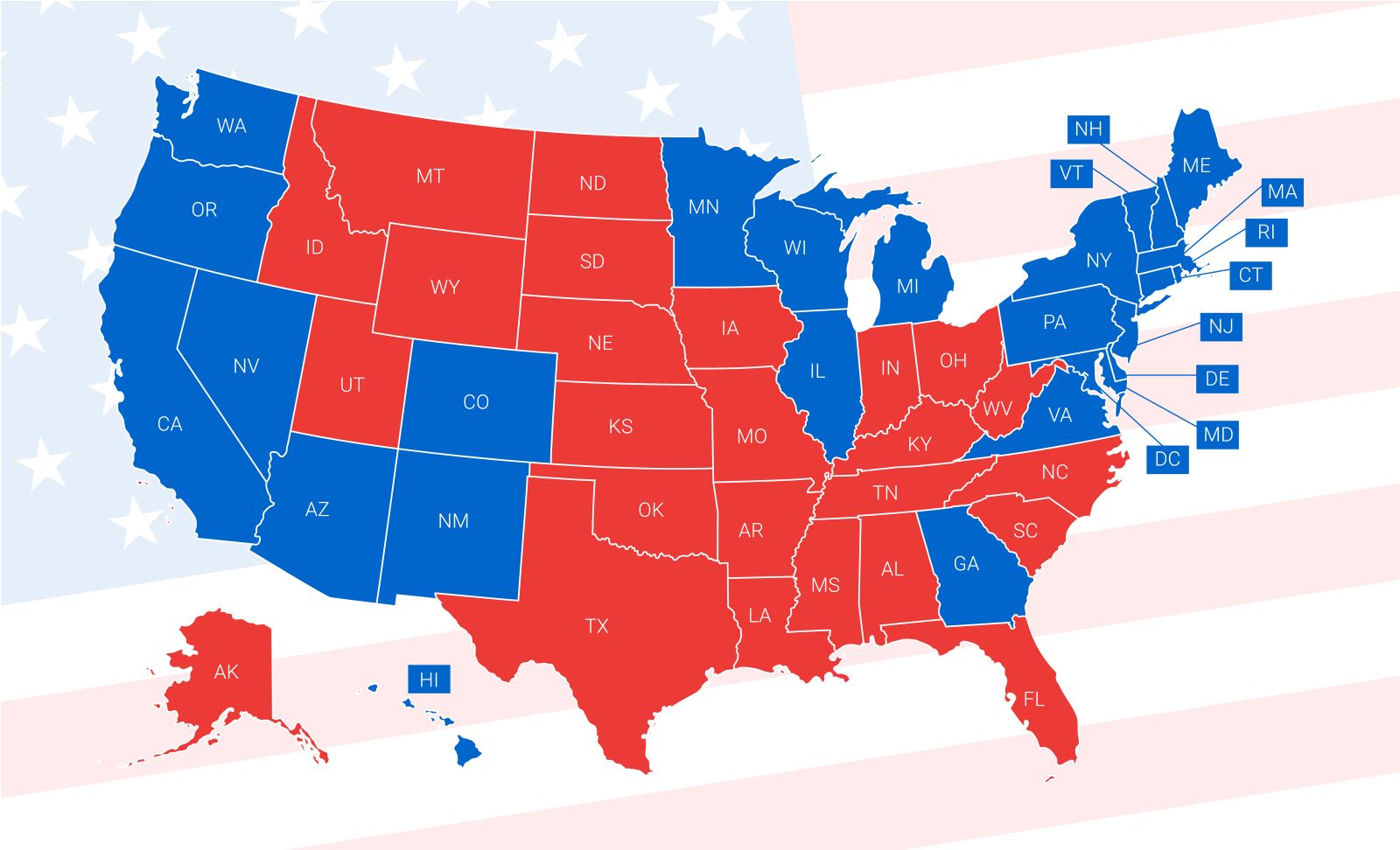
The Electoral College system, which can result in a president being elected despite losing the popular vote, as happened in 2000 and 2016, is a recurring point of contention and confusion, undermining faith in the principle of one-person, one-vote.
11. Gerrymandering
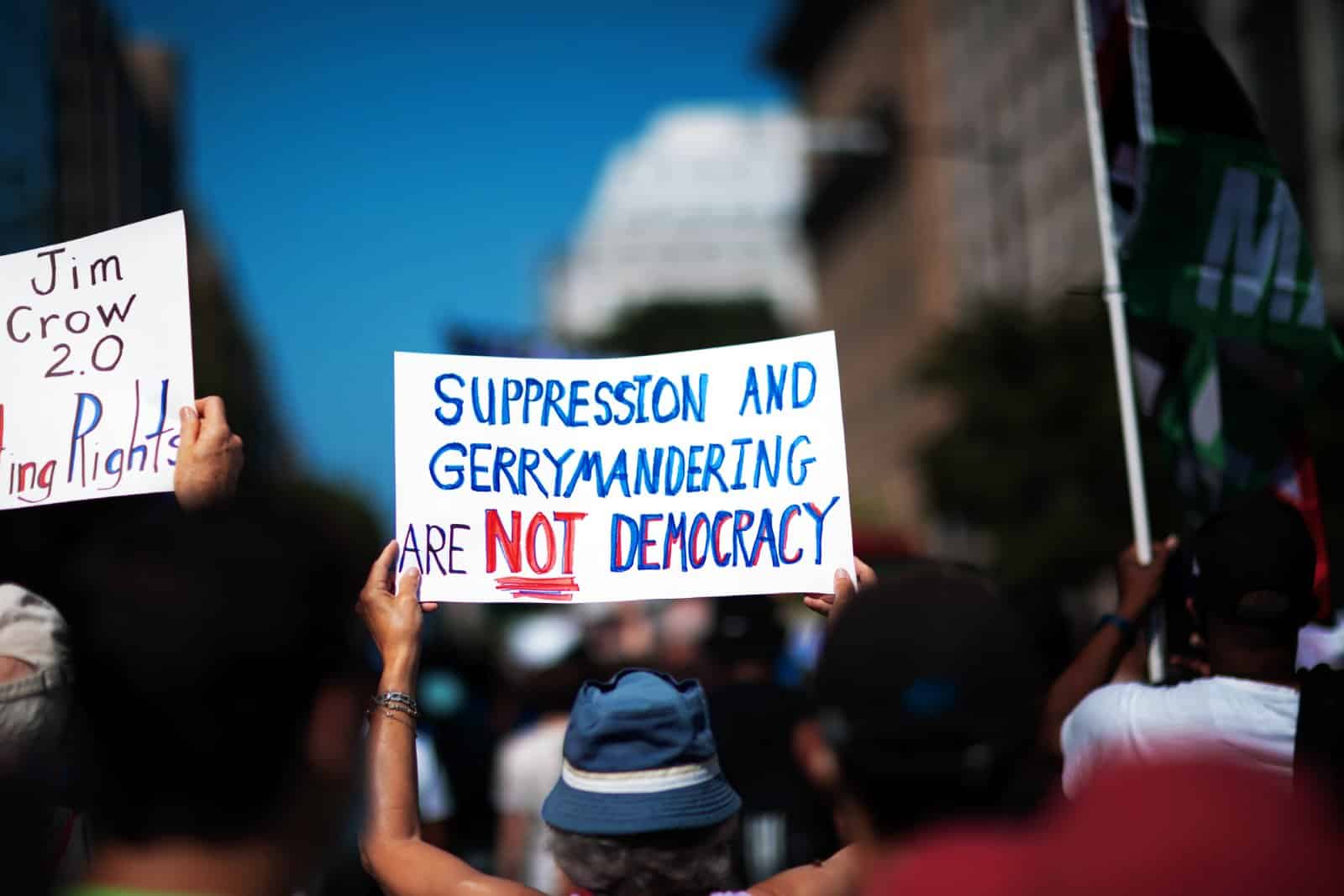
Strategic redistricting or gerrymandering by political parties has manipulated electoral boundaries to create unfair advantages, prompting questions about the fairness of congressional elections.
12. Lack of Candidate Diversity

Many voters feel that the candidates presented do not reflect America’s demographic or ideological diversity, limiting their choices to candidates who do not fully represent their perspectives or experiences.
13. Political Polarization
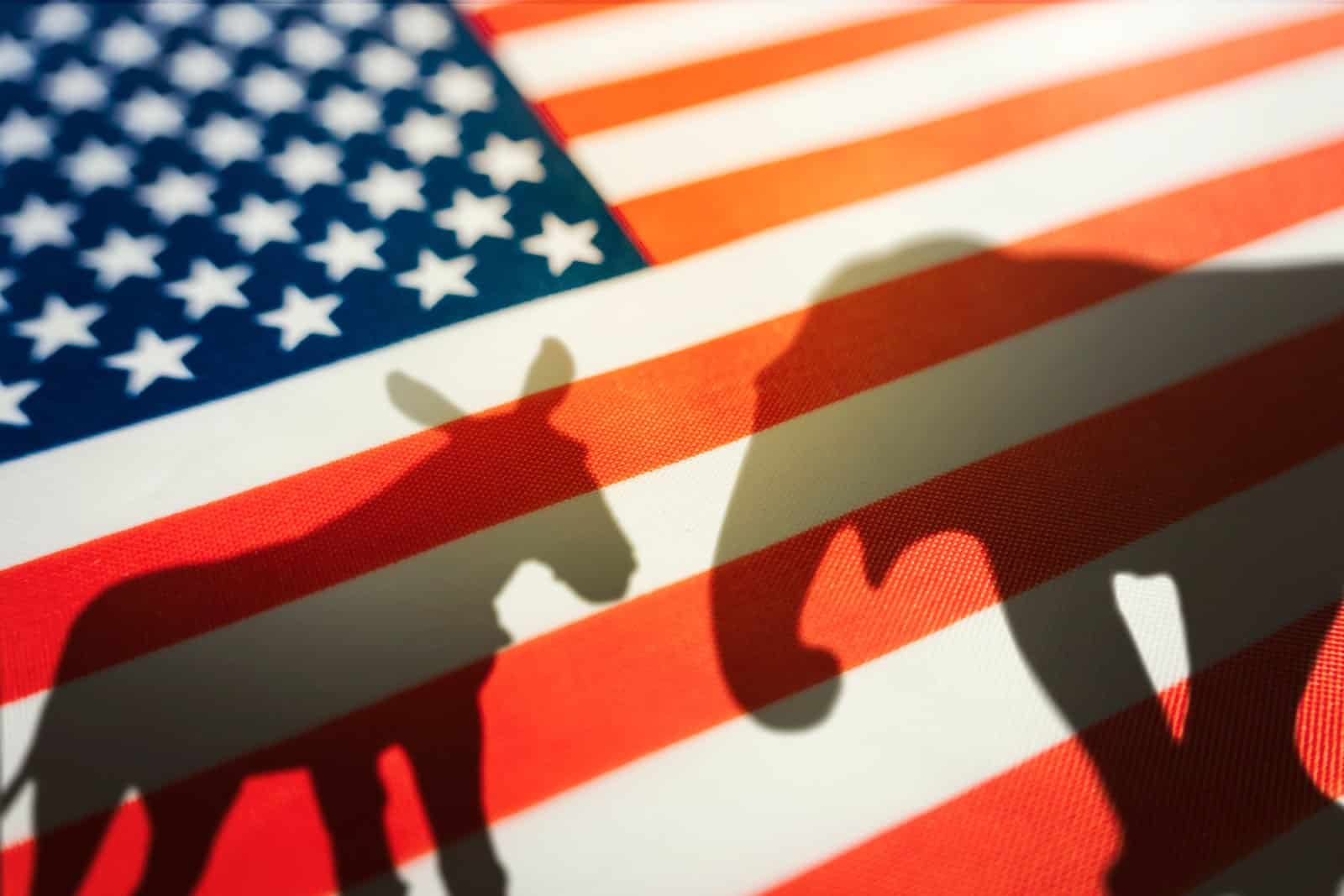
Intensifying political polarization is seen as eroding democratic norms, with compromise increasingly viewed as a weakness rather than a necessary aspect of democratic governance.
14. Decline in Civic Education
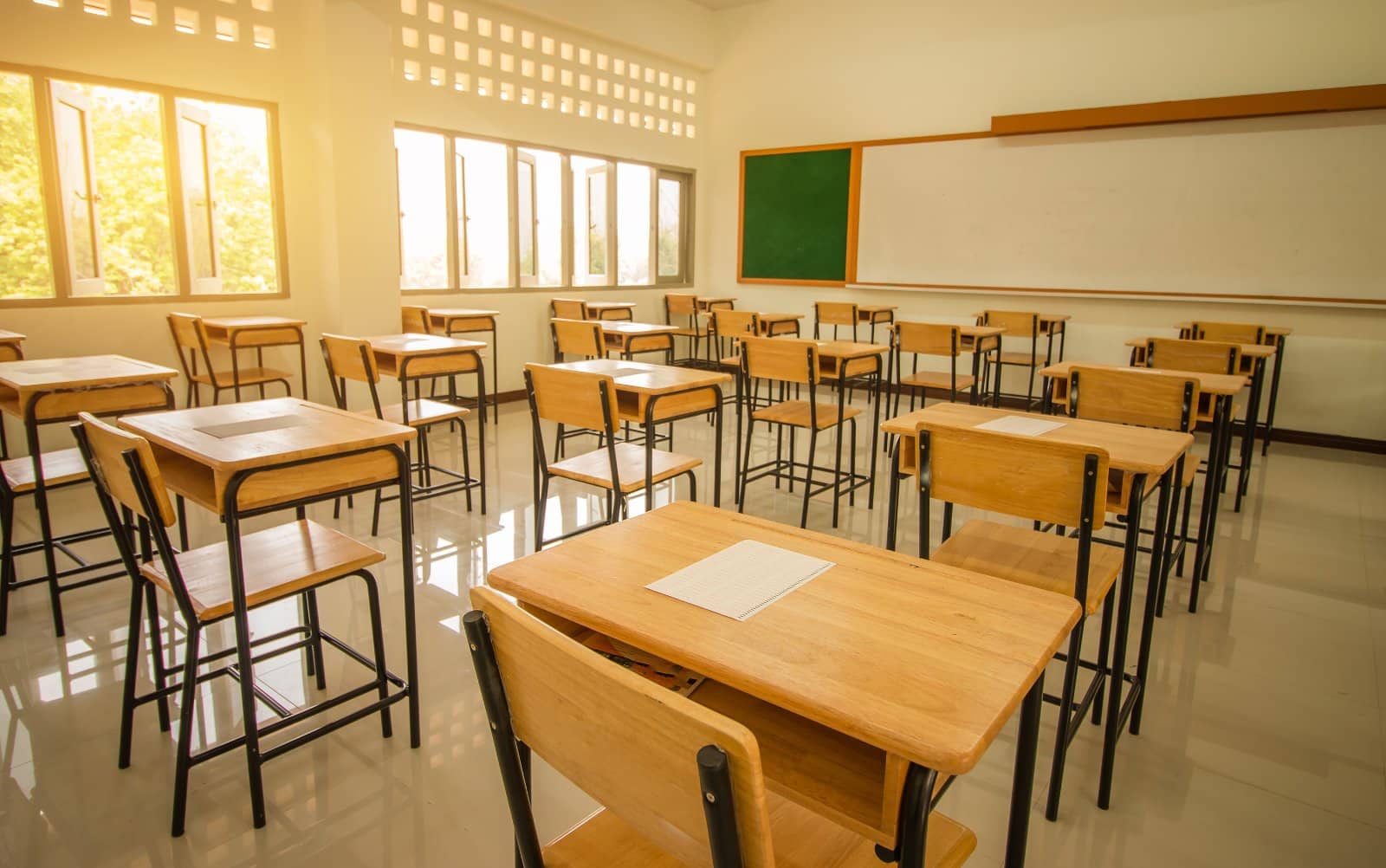
A decline in comprehensive civic education has left many voters without a clear understanding of how their government operates, leading to disengagement and frustration with the political process.
15. Influence of Social Media on Public Opinion

The role of social media in shaping public opinion and electoral outcomes, through both organic discourse and targeted influence campaigns, has led to concerns about external manipulation of democratic processes.
16. Anonymity and Hate Speech Online

The anonymity afforded by the internet has led to an increase in vitriolic and often misleading political discourse, which has spilled over into real-world political polarization and violence.
17. Disillusionment With Political Elites

A perceived disconnect between political elites and the general populace fuels a sense that politicians are more concerned with their interests than with serving the public.
18. Lack of Transparency in Government
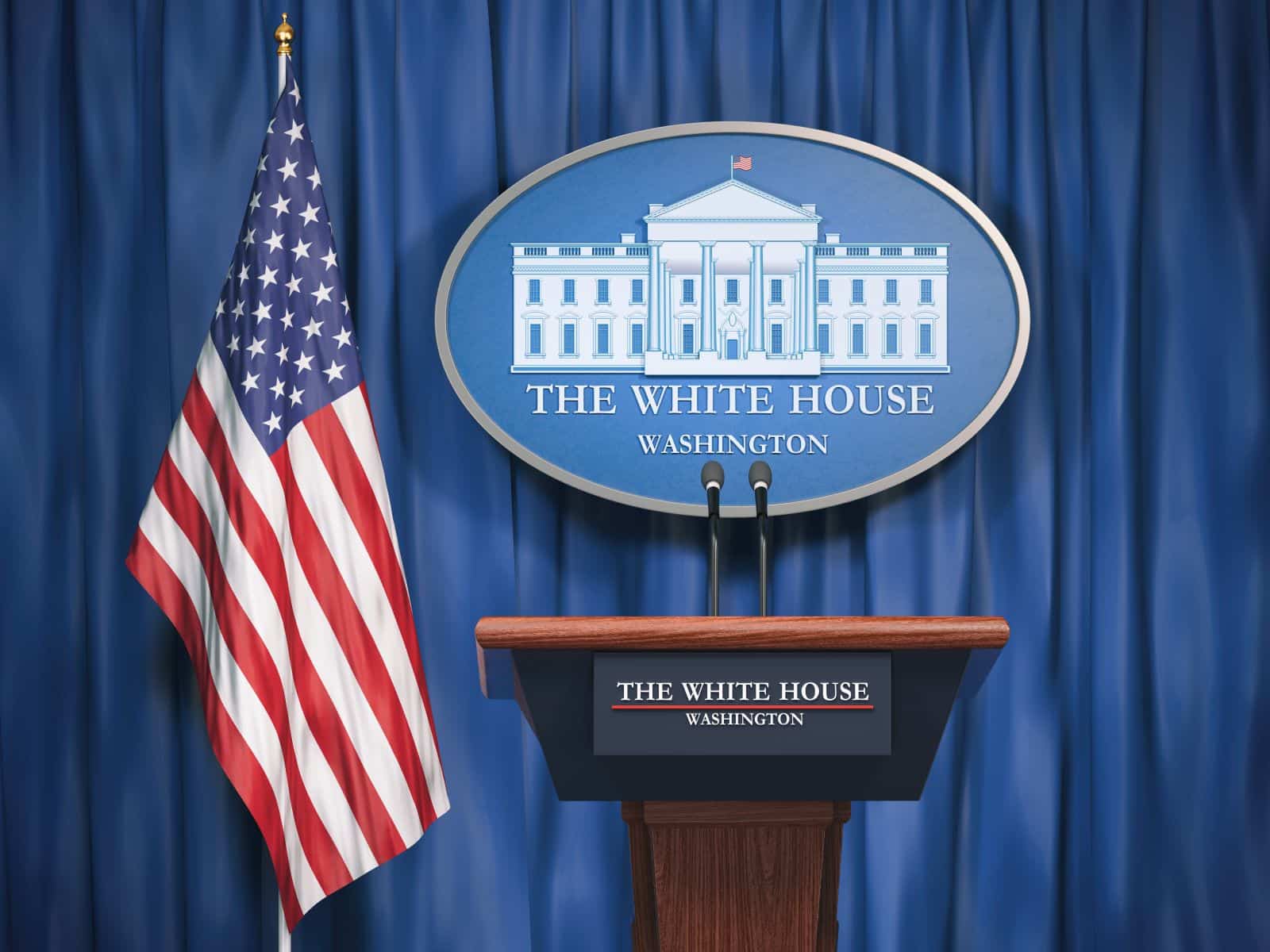
Ongoing issues with government transparency, from closed-door meetings to withheld documents, have led to public skepticism about what is being done in their name and whether government officials are being held accountable.
19. National Security vs. Personal Freedoms

Debates over the balance between national security and personal freedoms, particularly regarding surveillance and data privacy, have created tensions about the role of government in personal lives.
20. Burnout From Continuous Political Drama

The constant barrage of political scandals, controversies, and crises has led to political fatigue among voters, many of whom feel overwhelmed and disillusioned with the perpetual state of conflict.
The Trust Deficit
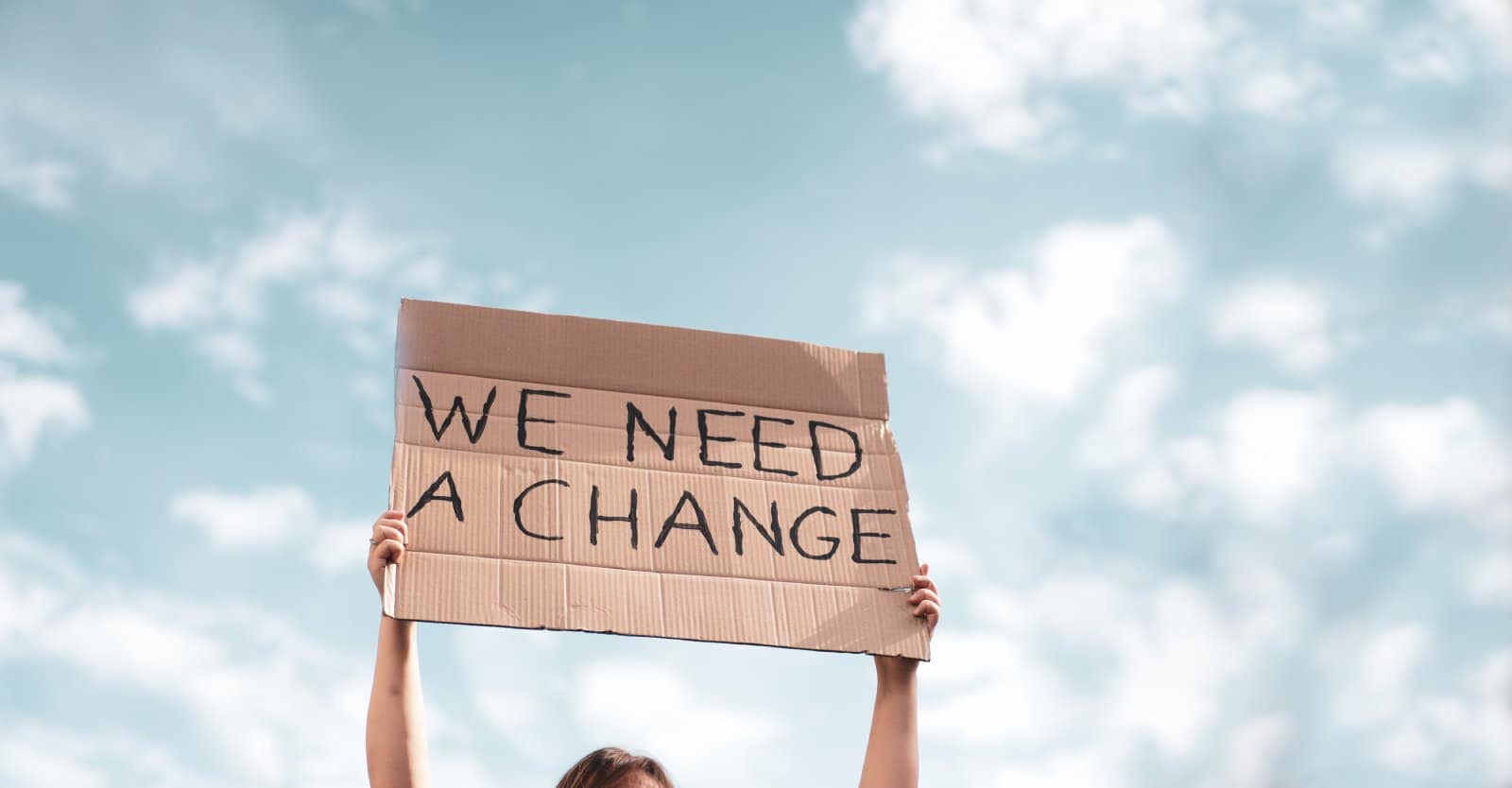
As faith in the pillars of democracy wanes, the need for transparent, accountable, and truly representative governance has never been clearer. Can the system be reformed, or is skepticism the new status quo? These are the questions that loom large as another election cycle approaches.
21 Ignorant Lies About Americans the Rest of the World Claims Are True
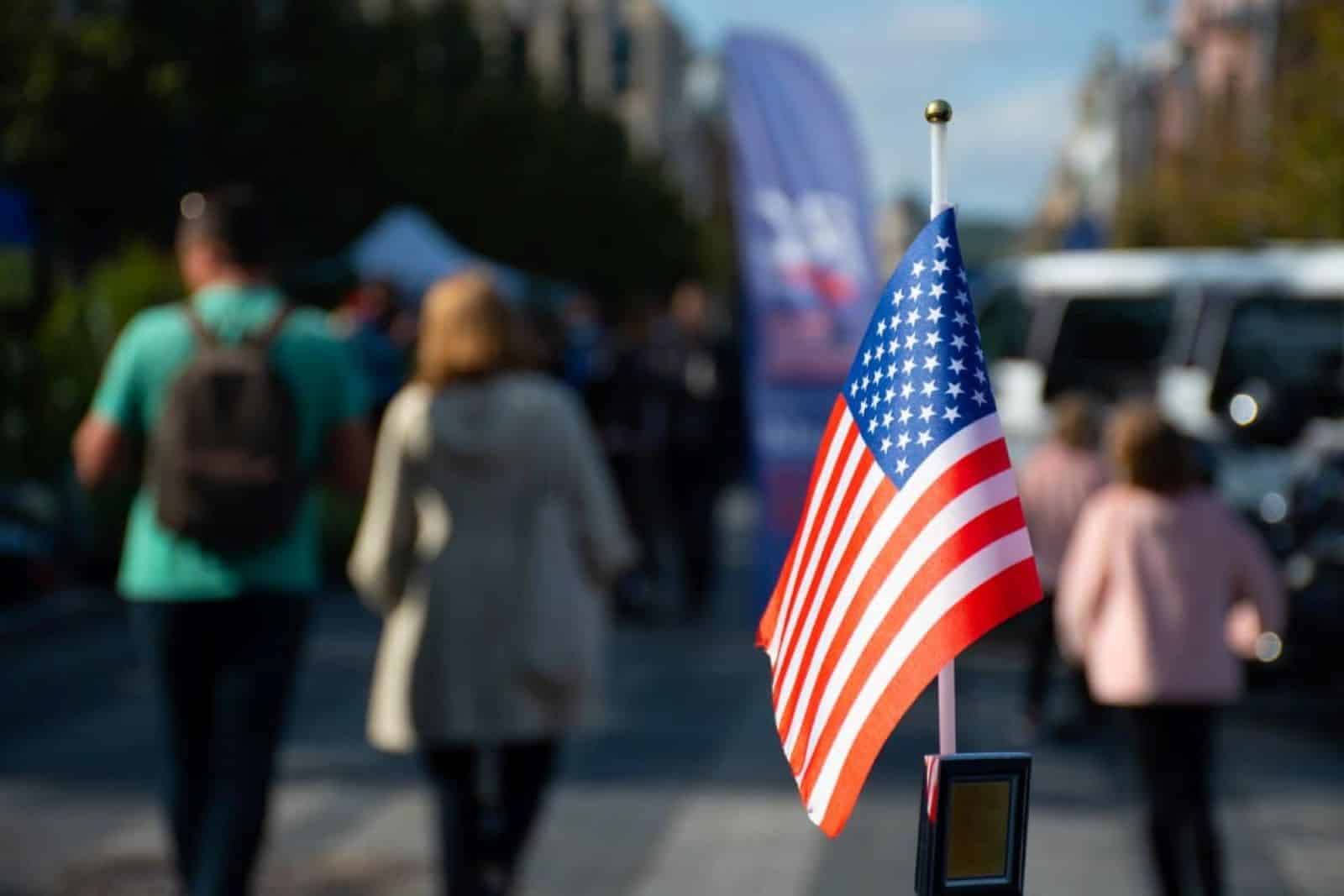
Americans are often the subject of wild assumptions and exaggerated stereotypes. Are these misconceptions affecting how the world views the average American? 21 Ignorant Lies About Americans the Rest of the World Claims Are True
Flawed Gender Tests: Olympic Committee Sends Plea to Boxing Officials

The International Olympic Committee has declared old boxing gender tests as flawed and illegitimate. This has arisen amid discussions regarding gender in Olympic female boxing matches. Flawed Gender Tests: Olympic Committee Sends Plea to Boxing Officials
Social Security Sham: 18 States Slashing Benefits

When you think about retiring, you might picture relaxing and traveling during your golden years. Social Security benefits help with this, but taxes can change depending on where you live. In some states, you might end up paying more taxes on your benefits. Let’s check out the 18 states where retirees face higher taxes on their Social Security benefits. It’s important to know so you can plan ahead and make the most of your retirement savings. Social Security Sham: 18 States Slashing Benefits
Featured Image Credit: Shutterstock / Motortion Films.
For transparency, this content was partly developed with AI assistance and carefully curated by an experienced editor to be informative and ensure accuracy.
The images used are for illustrative purposes only and may not represent the actual people or places mentioned in the article.

